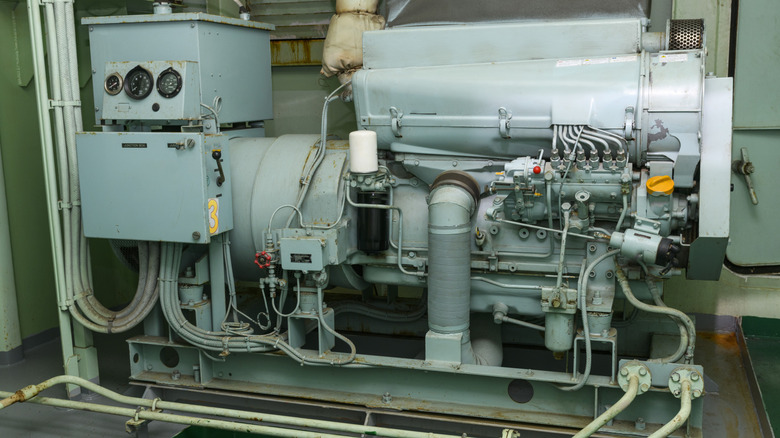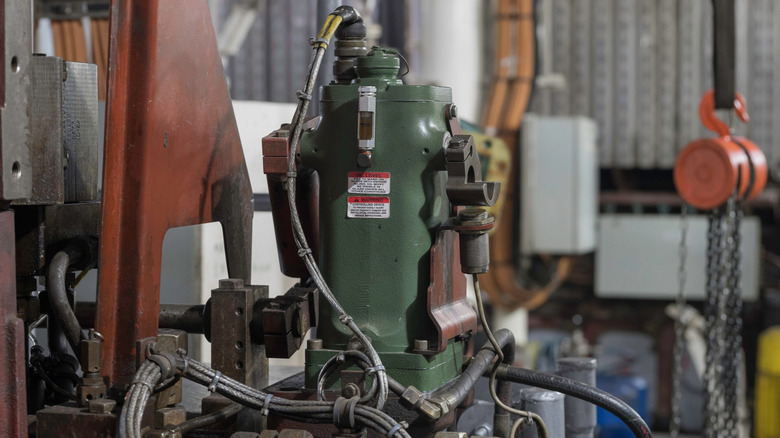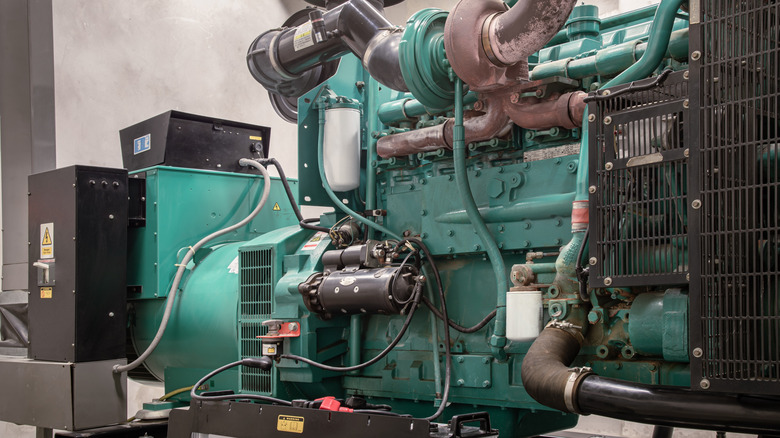What Is A Diesel Engine Governor And Why Do Generators Need It?
There's that relief that follows when power goes out and the sound of a generator kicks on. In just a few seconds, your lights are back, your A/C and fridge are up and running, and you don't have to pause your life for a power outage. But, behind that reliable and consistent performance, which is non-negotiable in critical environs like data centers and hospitals, is one unsung hero that you might not have heard of: The diesel engine governor.
So, what is this thing anyway? At its core, a diesel engine governor is a device that protects your diesel generator from revving up and down, or stalling out completely, like a car with a faulty gas pedal. It achieves this by keeping the engine running at the right speed – not too slow or fast — and regulating the power output based on load conditions.
It's all about balance and precision. In fact, without it, your diesel engine generator will struggle to deliver a steady electricity flow, and thus it will overwork or burn out when the demand for power increases.
Why do generators need a diesel engine governor?
Dealing with the expense of replacing a missing or faulty diesel engine governor can initially seem overwhelming. After all, some people have expressed online that most industrial generators can still function without these small devices. But this is one of the top mistakes people make when using a generator, and you'll want to avoid it for a number of reasons — the topmost being costly repairs, and even worse, a total generator breakdown.
Picture this: You've experienced a power outage at the worksite, and your diesel generator has come in handy, only for the power to go out again or lights to flicker immediately you plug in a new device, or the AC turns on. You'll definitely feel frustrated. That's precisely what will happen if you run a generator with a missing or faulty diesel engine governor. Diesel generators rely on governors to produce a stable electric frequency and voltage. What's more, if there are fluctuations in electric flow, mainly because of load changes, it can lead to brownouts or power surges.
In the worst case scenario, these fluctuations can shorten your engine's lifespan or result in costly breakdowns. That's why diesel engine governors aren't just helpful, they are a necessity. Be it a residential or an industrial generator, this device will help the engine stay at a consistent RPM. This means that the generator will produce reliable and consistent electricity, all without stressing the engine. Plus, there will be no sputtering outages or fried electronics, just a smooth electricity supply, irrespective of the appliances you're running.
Different types of diesel engine governors explained
Sure, it might be significant enough for you to go out and purchase a new diesel engine governor. But when you begin to look into the options, you'll notice that there are many choices out there. In fact, picking the right type for your generator won't be that easy. That's because the market offers three types of governors: Mechanical, electronic, and pneumatic. While they have one thing in common, which is keeping the engine humming at the right speed even when the demand for electricity changes, each is tailored to a specific role and has its own perks and cons depending on its application.
Mechanical governors are the most well-recognized and oldest type of diesel engine governors. They are very reliable and low-maintenance, and usually use flyweights to sense speed changes. In fact, they're best suited for smaller or portable generators, especially those with old engines, where precise speed control is not a necessity. Despite being reliable, however, they can be challenging to repair once they break down. This is mainly because they're much more complex than other systems.
An electronic governor is a safe bet if you want something more precise than its mechanical counterpart. Commonly found in high-end generators, these devices usually use a magnetic pickup to monitor engine speed and a control unit to adjust fuel delivery. Because of their accuracy, electronic governors are usually ideal for places where electric load can change drastically, like in hospitals and data centers.
On the other hand, a pneumatic governor is an excellent option if you want a less expensive diesel engine governor. Sure, it's less common than other types, but it's still used in most light-duty generators. This is because of its impressive reliability and ease of maintenance. Unlike other types, however, a pneumatic governor lacks the responsiveness and accuracy required to regulate the speed of heavy-duty engines.


